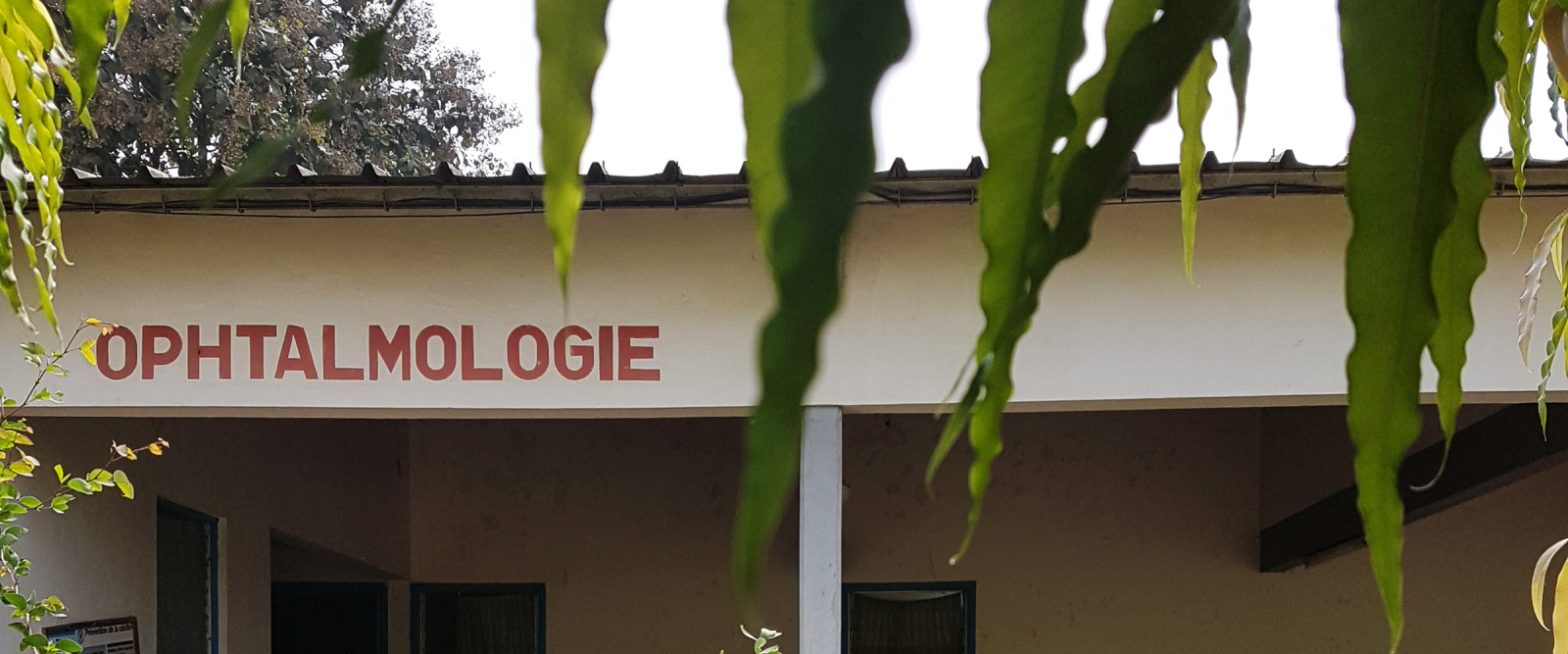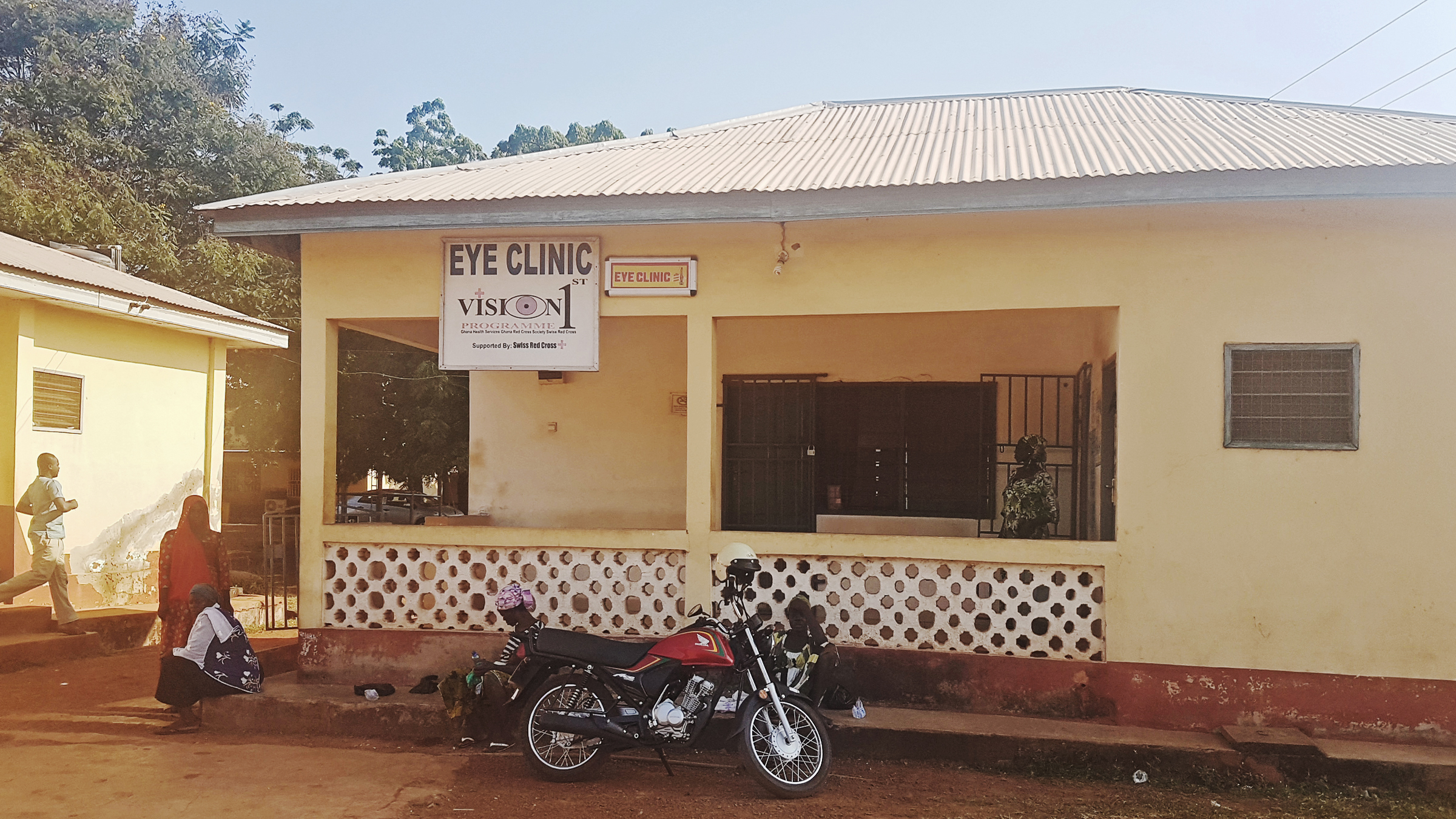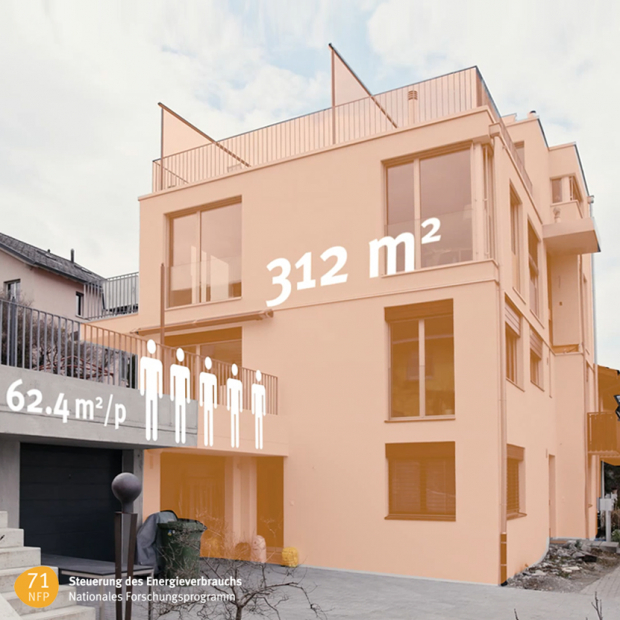

Evaluation of the Swiss Red Cross global eye health program
The Swiss Red Cross (SRC) has actively sought to improve the state of ophthalmological care in developing countries since the 1980s. In keeping with these efforts, the SRC commissioned EBP to carry out a comprehensive evaluation of the program and to submit any recommendations it might have to secure an auspicious start for the next strategy phase in 2020.
The focus of the SRC’s work in the last 12 years has been on projects in Ghana, Togo, Mali, Nepal and Kyrgyzstan. The aim of these projects is to provide ophthalmological care to adults and children and to help improve existing ophthalmological services. The work includes providing eye surgery and outpatient services at medical centers and schools, supporting opticians, raising people’s awareness of eye diseases, training healthcare workers and Red Cross volunteers and helping to finance the procurement of medical equipment on behalf of local, regional and national eye-care centers.
The main aim of the evaluation was to provide support in the form of strategic recommendations calibrated to improve the effectiveness of country-based projects and to provide a basis for the development of the SRC’s new international strategy 2020 and thereby help to secure the continued success of the SRC’s ophthalmological global program. The evaluation is to determine the extent to which the SRC is a suitable partner when it comes to providing ophthalmological services to vulnerable populations in the specified countries and the extent to which the SRC’s projects are effective and bring added value at local, regional and national levels.
For our evaluation, we used a combination of data-collection and analysis methods to examine project outcomes in Ghana, Togo, Mali and Nepal for the period from 2006 to 2016 and in Kyrgyzstan for the period from 2014 to 2017. In particular, we examined project documents (concepts, reports, audits, etc.), conducted a total of 68 interviews (at the SRC in Bern, as well as in the field in Ghana, Togo, Nepal and Kyrgyzstan), moderated three half-day workshops in the field, and completed an online survey.










